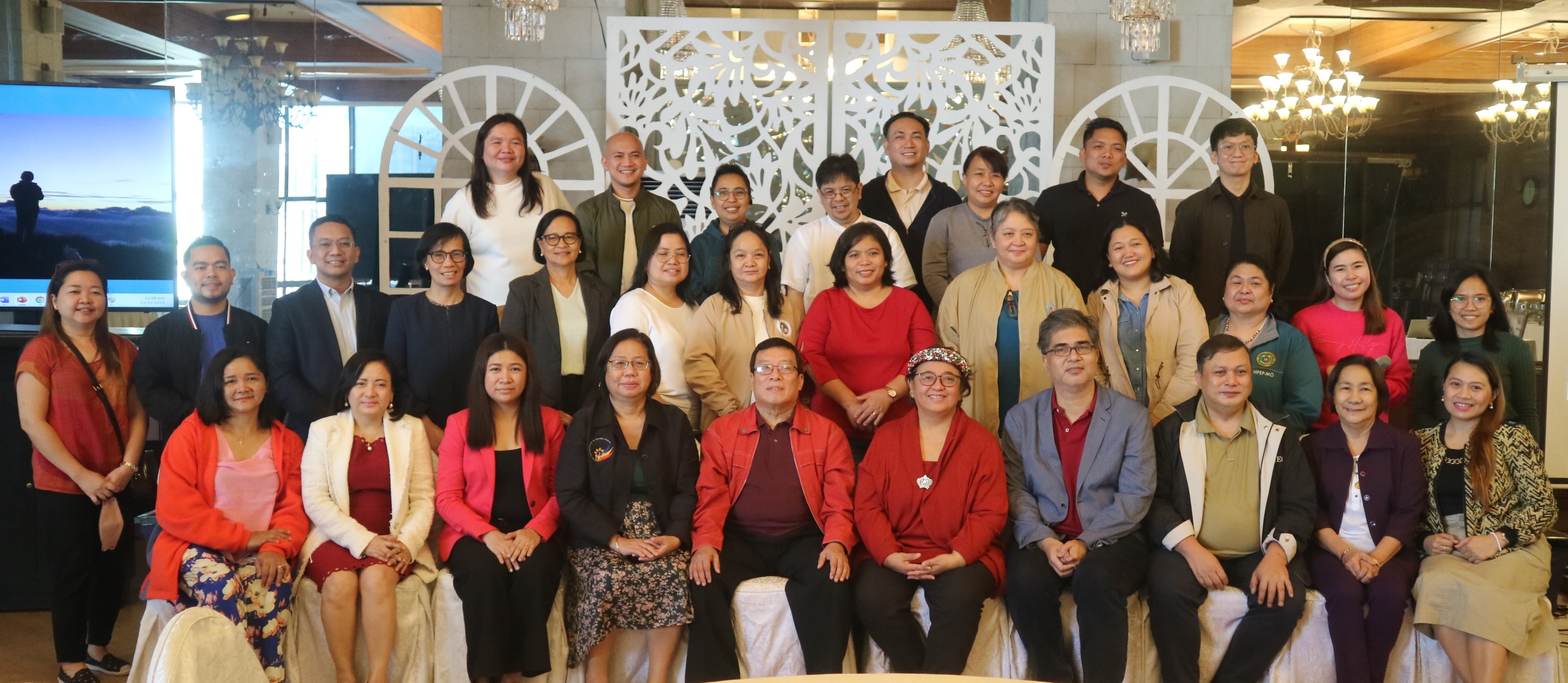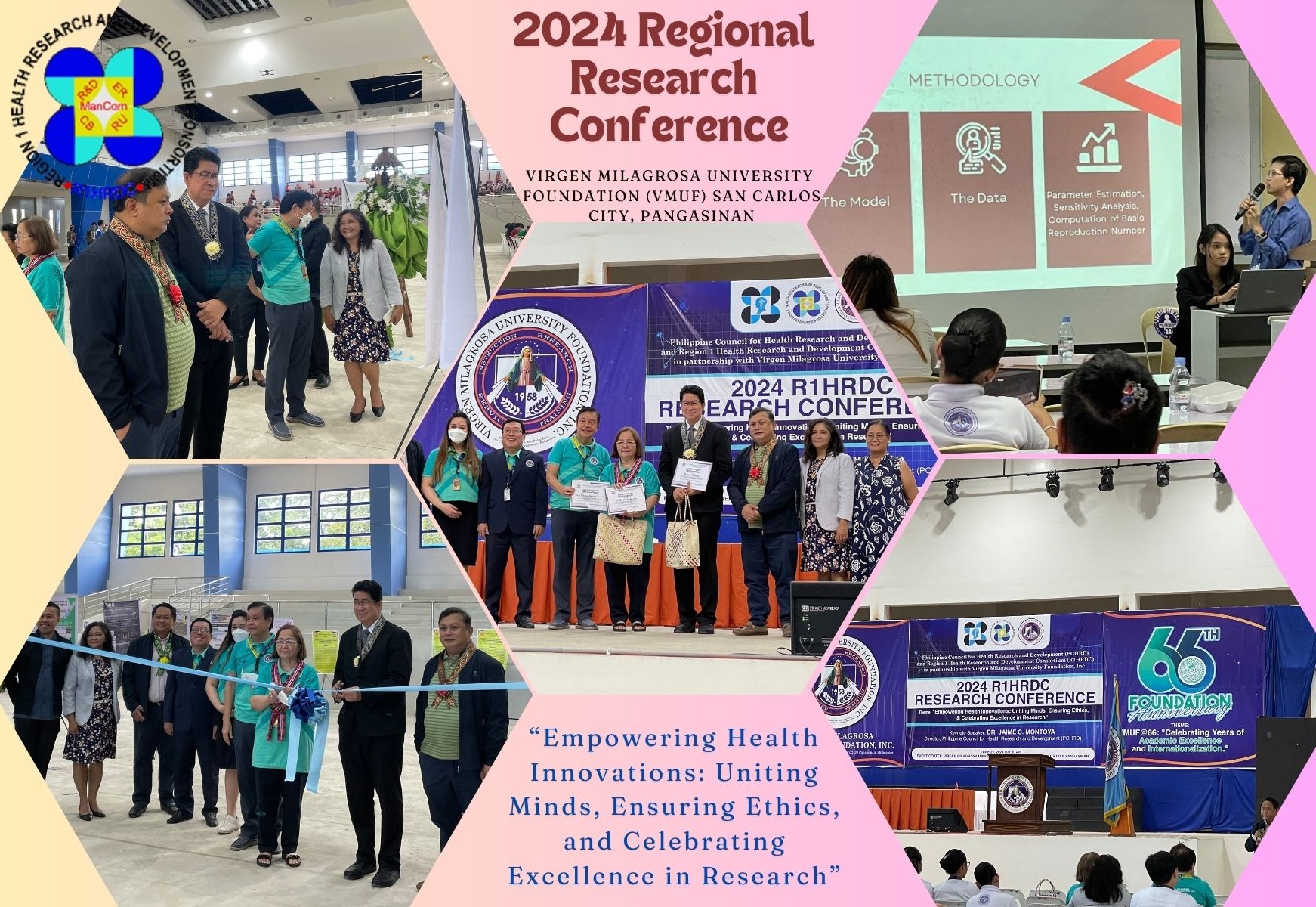From UNESCO, UNICEF, the World Bank, the World Food Programme and UNHCRGlobal school closures in response to the COVID-19 pandemic present an unprecedented risk to children’s education, protection and well-being.
Schools do much more than teach children how to read, write and count. They also provide nutrition, health and hygiene services; mental health and psychosocial support; and dramatically reduce the risk of violence, early pregnancy and more. And it’s the most vulnerable children who are the hardest hit by school closures, and we know from previous crises that the longer they are out of school, the less likely they are to return.
When deciding whether to reopen schools, authorities should look at the benefits and risks across education, public health and socio-economic factors, in the local context, using the best available evidence. The best interest of every child should be paramount.
The guidelines aim to inform the decision-making process regarding school reopening, support national preparations and guide the implementation process, as part of overall public health and education planning processes. It is designed to be a flexible tool that can be adapted to each context and updated as the situation changes. The guidelines outline six key priorities to assess the readiness of those schools and inform planning.
Read more at Framework for Reopening Schools
Source: https://www.unicef.org/













